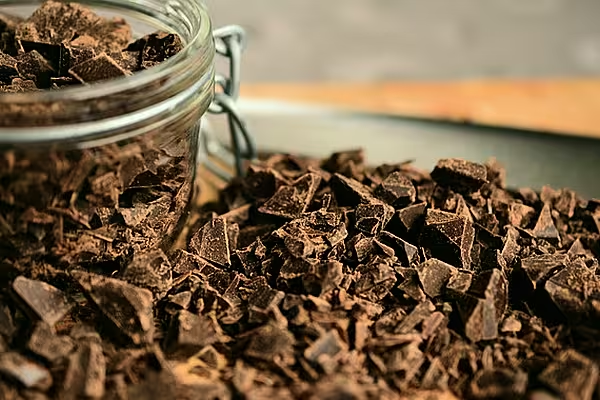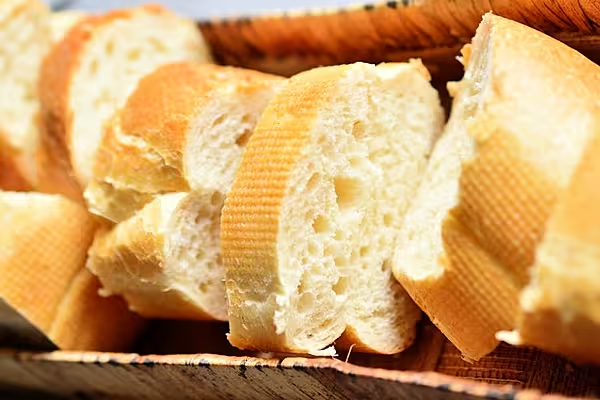A French animal rights group has claimed that horsemeat, imported to the country from north and south America, comes from animals given a drug banned from human consumption.
A recent investigation by the L214 group has revealed what horses in the slaughter procedure have to face, and has raised concerns about the safety of horsemeat being imported to France.
L214, along with Switzerland’s Tierschutzbund-Zurich, Animals Angels’ USA, Belgium’s GAIA and Eyes on Animals in the Netherlands, conducted a two-year investigation into a number of countries exporting horsemeat to France.
The US, Canada, Mexico, Uruguay and Argentina all featured in the research.
Using hidden cameras, investigators visited auctions, feeding sites, veterinary locations and slaughterhouses to gather the information.
The investigation exposed issues with transportation and discovered sick, malnourished, injured and dead horses.
According to the groups, animals intended for human consumption had been given unsafe drugs - e.g. phenylbutazone, or bute, which is banned for cattle in the EU and US.
Research revealed that 82,000 horses were slaughtered for human consumption in Canada in 2012.
In the same year, France imported 16,900 tons of horsemeat, mainly from Canada, Argentina, Mexico and Uruguay - countries that were included in the investigation.
"Apart from the unacceptable treatment of the horses, the use of phenylbutazone or other dangerous substances banned in the European Union is common," said L214's Brigitte Gothiere.
The groups are now urging French supermarkets to help protect horses and shoppers by not selling horsemeat in stores.
© 2014 - European Supermarket Magazine










